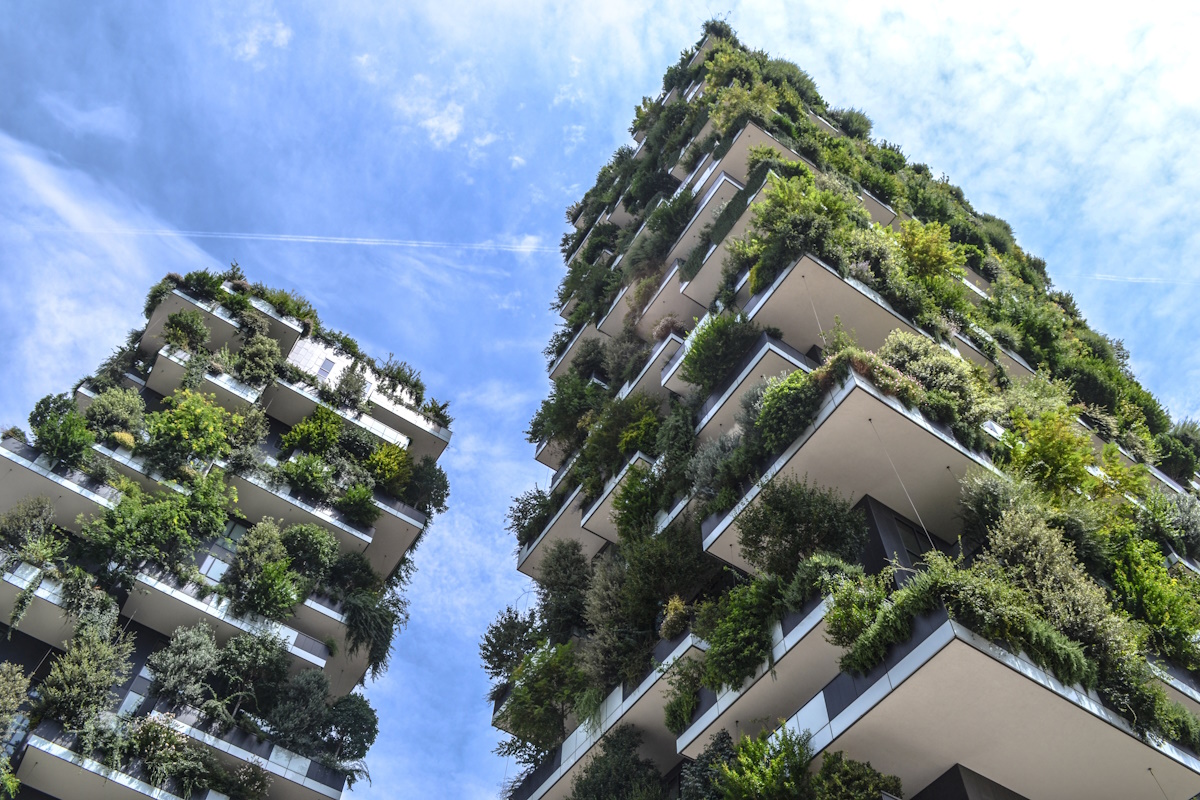The evidence of climate change can be seen all around us. Globally, 2022 was the sixth warmest year in a series stretching back to 1850, according to Met Office figures.
Sea levels have risen by 20cm since the early 20th century, ocean heat content is at record levels and the Antarctic sea ice fell to its lowest extent on record for the time of year this June.
2022 was the UK’s hottest year on record, with an average temperature of over 10°C recorded for the first time. So far this year, the UK has seen mean temperatures above the 1991-2020 average in January, February and May, with June temperatures the hottest on record in a series dating back to 1884.
Due to the amount of carbon-dioxide that has already been emitted into the atmosphere, we are committed to a further degree of climate change beyond the impacts we are already seeing. And the Met Office’s latest decadal forecast says it is more likely than not that one of the next five years will be at 1.5°C or above, when compared with pre-industrial levels.
The IPCC AR6 Synthesis Report, published earlier this year, underscores the need for rapid emission reductions across the world to reduce greenhouse gas emissions and adapt as far as possible to the human-caused climate change threatening societies and human wellbeing.
At the time of its publication, Dr Chris Jones said: “We know climate change is already happening, and the world has already witnessed extreme events associated with the relatively modest warming we have seen so far. In fact, the world now is the coolest it is going to be, at least for many decades.

“The report underscores the need for urgent action – today’s decisions have implications for future generations. Without immediate and equitable mitigation and adaptation, climate change increasingly threatens societies and human wellbeing. But the report also shows the range of currently available and cost-effective mitigation and adaptation options. Renewed efforts to invest in sustainable development give us the best chance of a climate-resilient future.”
Mitigation and adaptation are the key tools available to us to avoid the worst climate impacts on people, infrastructure and nature. There is a case for both strong mitigation and adaptation, planned and delivered as part of a combined strategy to deal with the challenges of climate change. Employing such strategies now, at pace, will minimise the impact of climate change on our lives now and in the future.
What is adaptation?
Adaptation refers to the adjustments needed from individuals, communities, governments and countries in response to changes to our planet’s climate. It is different to mitigation which describes efforts to reduce or remove the emissions of greenhouse gases which are causing our planet to warm. Essentially, adaptation could be any kind of action you can take to reduce both the exposure and the vulnerability of humans and the natural environment to our changing climate.
Adaptation can be done ahead of time, which is referred to as anticipatory adaptation, or in a reactive situation, after an event happens, for example, in response to extreme weather. Either way, it is vital that we adapt to minimise the impact of climate change on our lives now and in the future.
This month, through a series of blog posts and content shared on @MetOffice_Sci, we will be looking more closely at adaptation strategies and how Met Office science is working with government, industry and communities to prepare for the climate change that is already happening, as well as prepare for future impacts.
Get Climate Ready
Climate change is overwhelming and so the Met Office #GetClimateReady campaign aims to help people understand how even by making the smallest changes in our lives, we can all play a part in adapting our lives to protect ourselves from the climate impacts we will see.
We’re working with partner organisations to help provide advice on how individuals can tackle the many challenges of climate change. There are a range of everyday actions, which includes practical quick wins for individuals, as well as actions which make the greatest impact. Either way, our combined efforts, make a real difference.
Keep an eye on our Get ClimateReady webpages for a range of suggestions from our expert partners and follow the #GetClimateReady campaign across our social media channels to find out more.


